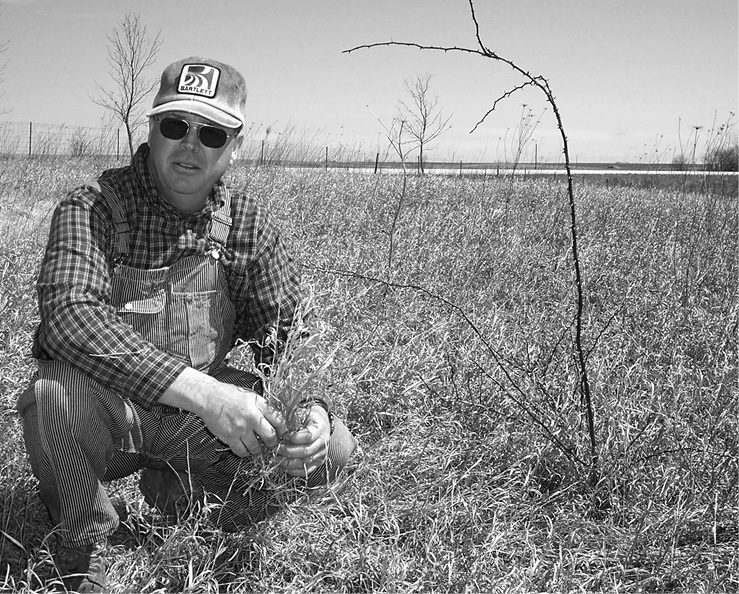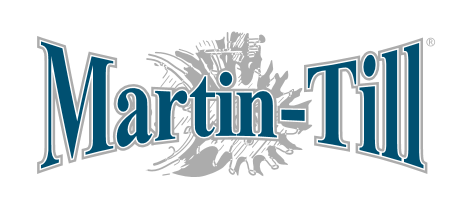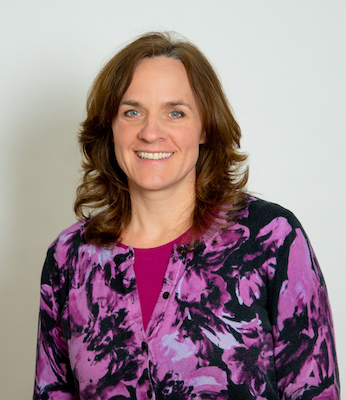“We were the first place in the United States that USDA researchers could go out on an actual CRP field under normal conditions and do soil research. And they did all kinds of things. They did percolation tests, they did earthworm counts, carbon erosion and on and on, and on. I learned so much and it was really fun…it was like going to the Harvard of agriculture schools…” — David Dukes
Semi-retired fourth-generation farmer David Dukes of Bedford, Iowa, began no-tilling corn in the early 1980s, and successfully converted to 100% no-till in 1990. His early experiences with figuring out how to make no-till work came in handy in the early 1990s, when he took on the challenge of converting CRP land back into production and felt strongly that plowing it up was the wrong way to go.
In this episode of the No-Till Farmer “Influencers and Innovators” podcast, No-Till Farmer Editor Frank Lessiter talks with David about his approach to converting CRP ground, including why he says soybeans are a great crop to plant for the first-year of production and how he goes about terminating sod beforehand. He also talks about early experiments he did on carbon sequestration and rainfall simulations with the USDA, why he thinks CRP should be replaced with a soil renewal program, why mid-summer mowing is important, and more.
P.S. There’s lots more great no-till stories and history in Frank Lessiter’s new book, From Maverick to Mainstream: A History of No-Till Farming. Check it out here.
The No-Till Influencers & Innovators podcast series is brought to you by Martin Industries.
Our customers believe that Martin-Till®️ products provide an excellent return on their investment. We know this because a large percentage of them are repeat customers since the beginning in 1991. Our planter attachments help make it possible to plant into higher levels of residue and moisture. Higher levels of mulch means less erosion, improved soil tilth and fertility, which can reduce production costs. Martin Till’s goal is to increase yields and save you time and money. We hope you find something from our product offerings of row cleaner, UMO’s, closing wheels systems and recently added concaves that will make this year’s planting & harvesting go better for you. After all, you deserve the best!
Intro Music: Adam Selzer - True North
Interlude Music: Alialujah Choir - Little Picture (Instrumental)














Post a comment
Report Abusive Comment